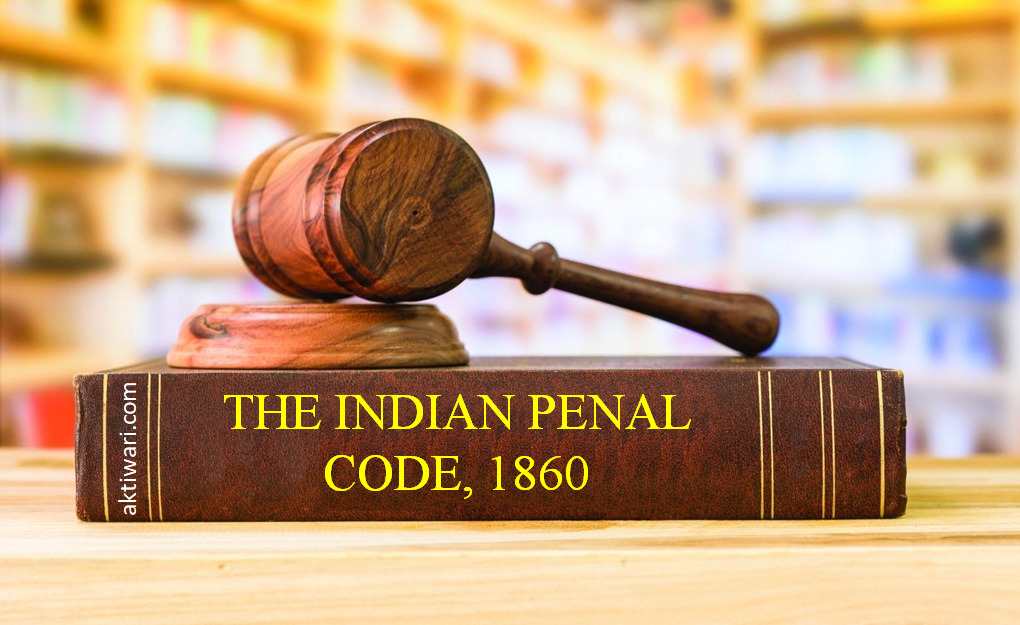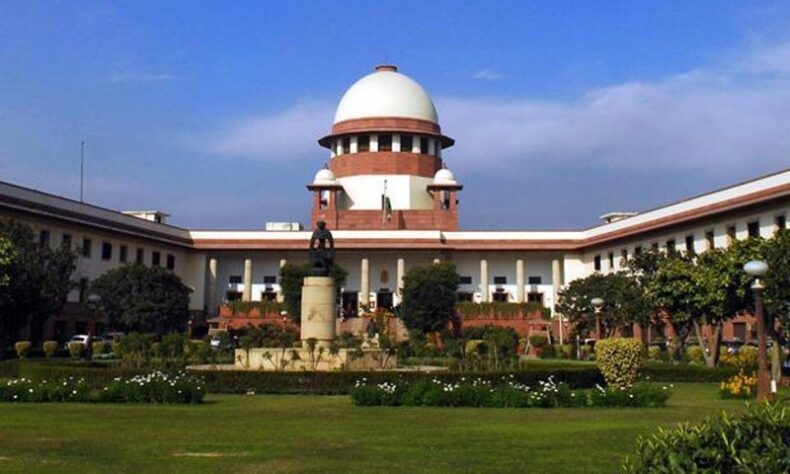Table of Contents
The top court of the country on Monday refused to hear a Public Interest Litigation (PIL) where litigants were seeking the court to order the creation of a National Commission for Men. The purpose of this new commission, as per the submissions, would have been to look into suicides and domestic violence cases among married men. This decision was given by a bench composed of Justices Dipankar Dutta and Surya Kant.

What did the PIL petition say?
The petition had requested the court to direct the central government to create a National Commission for Men. It may be noted that there already exists a National Commission for Women. The petition also requested the Supreme Court to direct the National Human Rights Commission to look into matters pertaining to suicide and domestic violence among men.
The litigant had thus prayed that the Law Commission of India should research the issue and prepare a report for the constitution of such a commission.
What did the court say?
The court opined that the creation of a commission for such cases is unnecessary and superfluous since the existing ordinary criminal law provisions already took care of the issue raised. There already existed remedies for people to take help of in such cases. Additionally, the court remarked that the petition sought to present a one sided view of the matter as no data about girls suffering from the same issue was presented.
What are the laws related to suicide in India?
As per Section 309 of the Indian Penal Code, anybody who attempts suicide or does any act towards the commission of suicide will be punished with imprisonment for up to one year. Thus, suicide and any act that might lead to suicide is prohibited by law.
However, as per the Mental Health Care Act of 2017 the provision of the Code has effectively been rendered null and void. The Act says that anyone who tries to commit suicide will be presumed to have done so under immense mental pressure and agony and will be exempted from any legal consequences arising from Section 309 of the Indian Penal Code. It also casts a duty on the Central Government to provide rehabilitation, therapy and care to the person who has attempted suicide to reduce the chances of such an event recurring.
Additionally the Act recognizes that every person has a right to live with complete dignity regardless of the mental illness they suffer from. It also prohibits discrimination of any kind among such people by clearly stating that any discrimination on the grounds of gender, caste, religion, sex, etc. is unacceptable.

What are the laws and provisions related to domestic violence in India?
Domestic violence or domestic abuse is a type of violence or abuse inflicted on someone by someone who has a close relationship with them. The Domestic Violence Act of 2005 is the primary legislation that deals with such cases.
The Domestic Violence Act of 2005 has included the following to fall under the purview of Section 3:
(a) Physical or mental threats to life, health, and safety, including sexual assault, physical abuse, verbal and emotional abuse, and economic abuse; or
(b) The coercion of the aggrieved person or any other person in connection with any unlawful demand for dowry or other property or valuable security, including any physical injury or other harm to the aggrieved person; or
(c) Harming the Angry Person in any other way, whether it be physically or mentally.
Domestic violence complaints can be filed against any adult male by a person who was in a close relationship with such a male.













